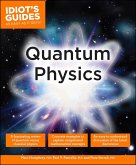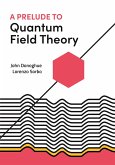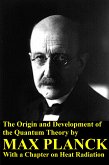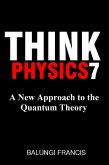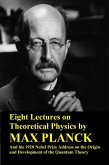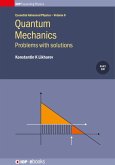The overall aim of Quantum Metrology with Photoelectrons Vol. 3 is to expand, explore, and illustrate new computational developments in quantum metrology with photoelectrons: specifically, the application of new python-based tools to tackle general problems in photoionization matrix element retrieval. Part I details the topic, theory and computational methods; Part II provides further numerical details and case-studies, specifically employing the generalised bootstrap retrieval protocol, which makes use of rotational wavepackets as a geometric control parameter. Problems of various size and difficulty are investigated, with the largest for an asymmetric top with 38 complex matrix elements (equivalently, a 38x38 density matrix retrieval).
Key Features:
Key Features:
- Interpreting experimental data.
- Extraction/reconstruction/determination of quantum mechanical properties (matrix elements, wavefunctions, density matrices) from experimental data.
- Comparison of experimental and theoretical data.
- New analysis methodologies & techniques.
- Introduction to newly-developed software platforms
Dieser Download kann aus rechtlichen Gründen nur mit Rechnungsadresse in A, D ausgeliefert werden.



